Introduction
In the vast realm of culinary delights, mushrooms have always held a special place, not only for their unique flavors and textures but also for their nutritional benefits. Among the myriad species that grace our plates, Pleurotus Eryngii, commonly known as the king oyster mushroom or eringi, stands out due to its impressive size, meaty texture, and earthy aroma. This edible fungi boasts a robust stalk and a distinctive cap, often leading to inquiries about the edibility of each part, particularly the cap. This article delves into the question, “Can you eat the cap of Pleurotus Eryngii?” by examining its nutritional profile, culinary uses, potential health benefits, and any safety concerns associated with consumption.
Nutritional Profile of Pleurotus Eryngii
Before addressing the edibility of the cap specifically, it’s essential to understand the overall nutritional profile of Pleurotus Eryngii. This mushroom is a rich source of essential nutrients, including vitamins, minerals, dietary fiber, and antioxidants. It contains significant amounts of vitamins B2, B3, B5, and D, which are vital for energy production, skin health, and bone strength, respectively. Additionally, Pleurotus Eryngii boasts high levels of potassium, copper, and selenium, minerals that support heart health, immune function, and antioxidant defenses.
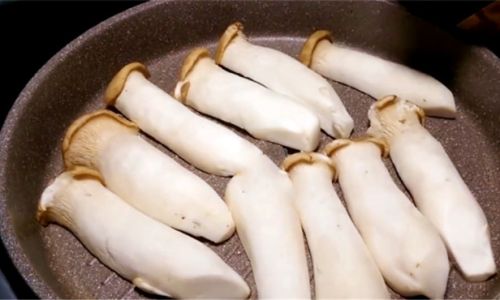
The dietary fiber content in Pleurotus Eryngii aids in digestion and promotes a feeling of fullness, making it a valuable addition to weight management diets. Furthermore, its low-calorie and low-fat nature make it an ideal choice for individuals seeking to maintain or lose weight while still enjoying savory, satisfying meals.
The Cap of Pleurotus Eryngii: Edibility and Culinary Uses
The cap of Pleurotus Eryngii, much like the stalk, is entirely edible. In fact, many chefs and home cooks prefer the cap for its firm texture and ability to absorb flavors, making it versatile in various culinary preparations. The cap’s meaty consistency allows it to be used as a meat substitute in vegetarian and vegan dishes, providing a satisfying, umami-rich experience.
When preparing Pleurotus Eryngii caps, they can be sautéed, grilled, roasted, or even stuffed. Their firmness holds up well to high-heat cooking methods, such as grilling, where they can develop a delightful caramelized exterior. For a more delicate treatment, the caps can be thinly sliced and added to stir-fries, soups, or salads, where their earthy flavor complements a wide range of ingredients.
One popular way to enjoy Pleurotus Eryngii caps is by stuffing them. This involves removing the gill-like underside of the cap, filling it with a mixture of herbs, cheeses, breadcrumbs, or other savory ingredients, and then baking or grilling until tender and golden brown. This preparation not only highlights the mushroom’s natural flavor but also transforms it into an elegant, restaurant-quality dish.
Potential Health Benefits of Consuming Pleurotus Eryngii Caps
The nutritional richness of Pleurotus Eryngii extends to its caps, offering a range of potential health benefits. The high fiber content promotes healthy digestion and may help regulate blood sugar levels. The antioxidants present, including ergothioneine and glutathione, provide protection against oxidative stress, reducing the risk of chronic diseases such as heart disease and cancer.
The immune-boosting properties of Pleurotus Eryngii are particularly noteworthy. Polysaccharides extracted from this mushroom have been shown to stimulate the immune system, enhancing the body’s ability to fight off infections and diseases. While specific studies on the caps versus the stalks are limited, the overall nutritional profile suggests that consuming the entire mushroom, including the cap, can contribute to overall health and well-being.
Safety Considerations
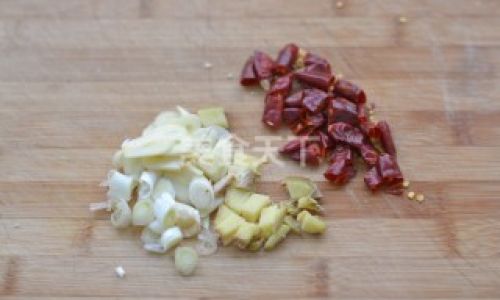
While the caps of Pleurotus Eryngii are generally safe for consumption, as with any food, there are a few precautions to consider. Firstly, it’s crucial to ensure that the mushrooms are sourced from a reputable grower or supplier to avoid potential contaminants, such as heavy metals or pesticides. Additionally, individuals with mushroom allergies should exercise caution when trying Pleurotus Eryngii for the first time, as cross-reactivity with other mushroom species is possible.
Another safety concern is the proper handling and storage of Pleurotus Eryngii to prevent spoilage. Like other perishable foods, mushrooms should be stored in a cool, dry place and consumed within a few days of purchase. Signs of spoilage include sliminess, discoloration, and an unpleasant odor. Consuming spoiled mushrooms can lead to food poisoning, so it’s essential to discard any mushrooms that show signs of deterioration.
Cultural and Culinary Perspectives
Pleurotus Eryngii, including its caps, holds a special place in various culinary traditions around the world. In Asian cuisine, particularly in Japan and China, this mushroom is highly valued for its umami-rich flavor and is often used in sophisticated dishes like tempura, stir-fries, and soups. In Western cuisine, Pleurotus Eryngii caps are gaining popularity as a meat alternative, featuring in gourmet salads, pasta dishes, and vegetarian main courses.
The versatility of Pleurotus Eryngii caps also extends to their use in plant-based diets. Their meaty texture and ability to absorb flavors make them an excellent substitute for meat in recipes, helping to meet the growing demand for sustainable and healthy eating options.
Conclusion
In conclusion, the cap of Pleurotus Eryngii is not only edible but also a nutritious and flavorful addition to a wide range of culinary preparations. Its rich nutritional profile, including vitamins, minerals, fiber, and antioxidants, contributes to overall health and well-being. With proper sourcing, handling, and storage, Pleurotus Eryngii caps can be enjoyed safely and offer a delightful, umami-rich experience in both traditional and innovative dishes.
As culinary trends continue to evolve, the popularity of Pleurotus Eryngii, particularly its caps, is likely to grow. Whether enjoyed as a meat substitute, a key ingredient in gourmet recipes, or simply as a nutritious addition to everyday meals, this mushroom offers a unique and satisfying culinary experience that is both delicious and nutritious. So, the next time you’re at the market, don’t hesitate to pick up some Pleurotus Eryngii and give their caps a try – you might be surprised by how much you enjoy them!
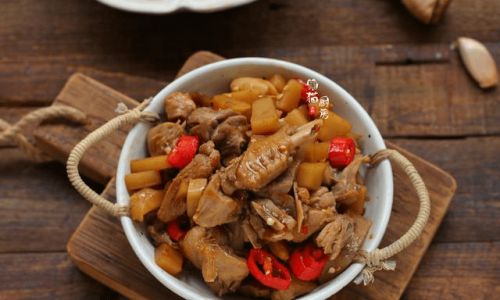
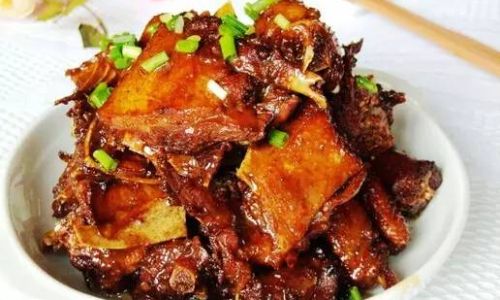
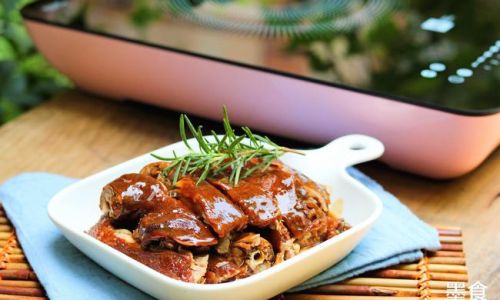
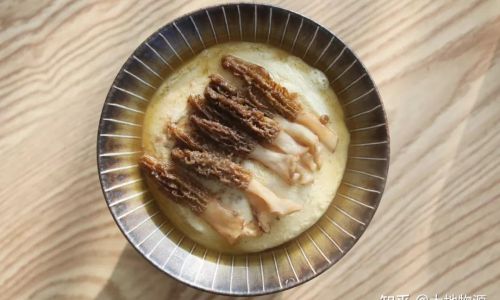
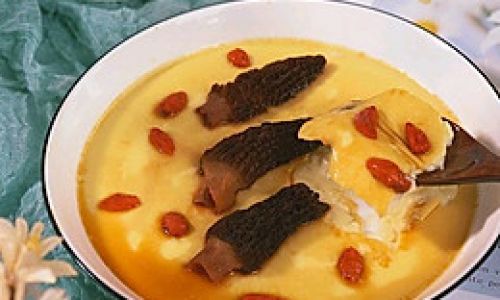
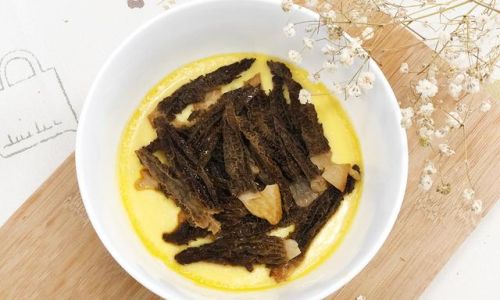
0 comments